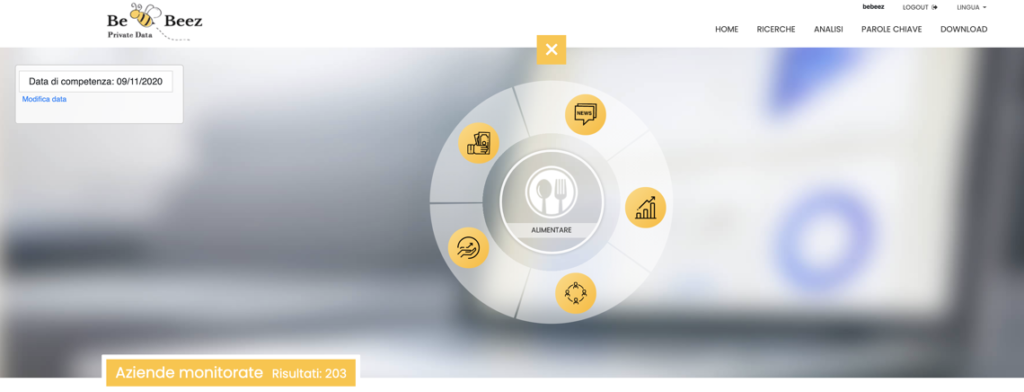
Italian food&beverage sector remains one of the most attractive sectors for private capital and especially private equity investors. Even in particularly difficult times like this one. Proof of this is that the Taste of Italy 2 fund, the second private equity fund specialized in the food & beverage sector managed by Dea Capital Alternative Funds sgr, in just over a year closed its fundraising 330 million euros, exceeding the initial target of 300 million euros and well above the 218 million raised by the first fund (see here a previous article by BeBeez).
In the sector, therefore, m&a is seen to continue, although this year the activity has suffered a clear slowdown due to the Covid emergency, like all other sectors. On the private equity front, BeBeez Private Data has in fact mapped 23 transactions against 35 in the ten months of 2019, of which 9 of direct acquisitions by funds (from 16 transactions in the 10 months of 2019); 10 of so-called add-ons (from 6); no club deals of private investors (there were 2 in October 2019) and 4 of m&a and or divestment by funds with industrial buyer (from 11). There were then two deals made by venture capital operators (as in 2019) and no equity crowdfunding operation exceeding 500k euros (1 in 2019). On the private debt front, on the other hand, there were 9 issues of minibonds (from 16) and only one direct lending operation was counted (as in 2019). All this, therefore, for a total of 35 private capital operations in ten months against the 55 operations mapped in the 10 months of last year (for an in-depth analysis on m & a and private capital in the food sector updated to November 2019, see the newsletter here of Scouting Capital Advisors in collaboration with BeBeez).
Among the most important direct private equity operations in terms of size in 2020 we remember that of BC Partners on the Bindi pastry shop and that of turnaround conducted on Kipre, the well-known producer of high-quality hams under the King’s and Principe brands, by Raffaele Mincione’s Wrm of the composition procedure with reservation. As for add-ons, the Investindustrial subsidiary Italcanditi was particularly active. The company, which produces half of the glazed chestnuts consumed every year in Europe, in recent days has bought 100% of Comprital Group, a company active in the production of ingredients and semi-finished products for ice cream and artisan pastry. This was the fourth acquisition for Italcanditi. In September 2019, the company acquired 70% of Rubicone, a leading company in the production of ingredients for artisanal ice cream, and also bought a branch of a company producing fruit preparations for yogurt. Last August, Italcanditi acquired 100% of Ortofrutticola del Mugello, a company specializing in peeling, refrigerating and freezing fresh chestnuts and marrons, as well as in the production and packaging of marron glacès. Finally, on the private debt front, it is interesting to point out that it is mainly cheese producers that make use of minibonds. Of the 9 minibonds issued this year by food companies, in fact, 3 were issued by cheese producers (4 Madonne Caseificio, Brazzale and Spinosa), while in the first 10 months of 2019 there were 5 issuers in the sector (4 Madonne Caseificio, Sheep Breeders Cooperative, La Concordia Latteria Sociale, Mario Costa and Venchiaredo).
Today there are 203 Italian companies in the portfolio of private capital investors. As for Nov 9th 2019 they were 180 instead.
All data come from BeBeez Private Data,
see here how to subscribe to the Combo version, including BeBeez News Premium too for just 110 euros per month


